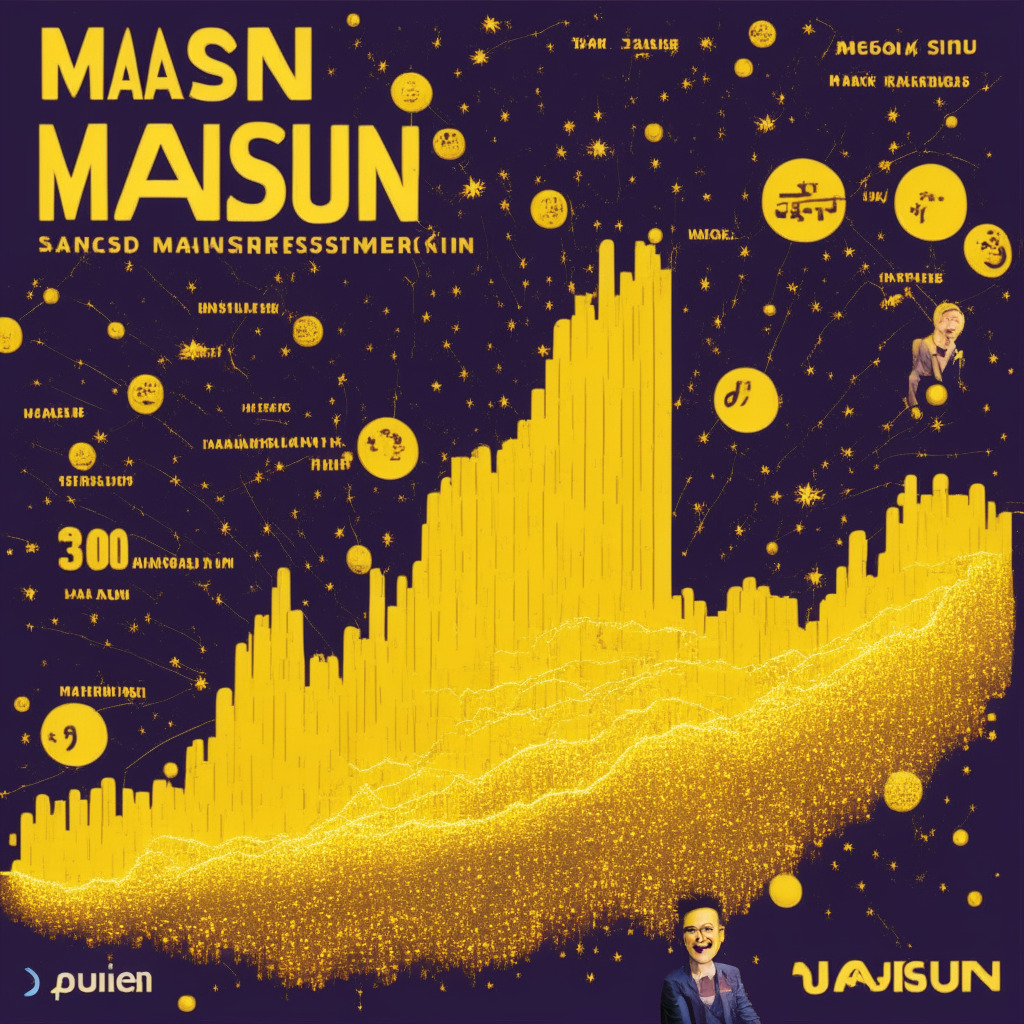In a rapidly evolving digital world, the economic impact of artificial intelligence (AI) may soon eclipse the historical contributions of electricity and personal computers. That’s the bold prediction from economists at Goldman Sachs, a multinational investment bank and financial services conglomerate.
By 2025, global investments into AI could balloon to a whopping $200 billion, with the United States poised to secure half of that amount. This considerable influx of capital may yield up to a 4% rise in US Gross Domestic Product (GDP), potentially outpacing historical contributions of 2% from tech booms of the past, such as the introduction of personal computers and electricity.
But, before this brave new world materializes, significant investments are a must. Businesses have to allot funds towards physical, digital, and human capital to acquire and implement new technologies. Adding fuel to the fire is the advanced potential of generative AI. Equipped with tools like image creation software and text-to-speech generators, this type of AI might boost global labor productivity by over 1 percentage point a year.
However, it’s not all rosy prospects. Generative AI is capital-intensive, and businesses need to pour significant amounts into it sooner rather than later to realize its potential. Moreover, the exact timing of the AI investment cycle remains a tough call. Current business surveys suggest the most substantial impact of AI will only kick in post-2025.
While AI’s potential revenue contributions are impressive, its intertwine with cryptocurrencies is equally notable. Australia’s financial regulator, the Australian Securities and Investments Commission (ASIC), has recently pursued litigation against trading platform eToro for allegations concerning the trading of derivative contracts that allow price speculation in a wide range of underlying assets, including cryptocurrencies. The regulator contends that eToro’s product target market failed to adequately eliminate unsuitable customers for trading these high-risk, volatile products.
As we look towards an AI-intensified future, it’s crucial to acknowledge the breathtaking potential alongside the significant risks attached. The forthcoming digital landscape demands thoughtful preparation from businesses, robust financial regulations, and an ardent focus on customer protection. Indeed, the next frontier of technology isn’t linear; it’s complex, multifaceted, and burgeoning with a unique set of economic potentials and challenges.
Source: Cointelegraph




